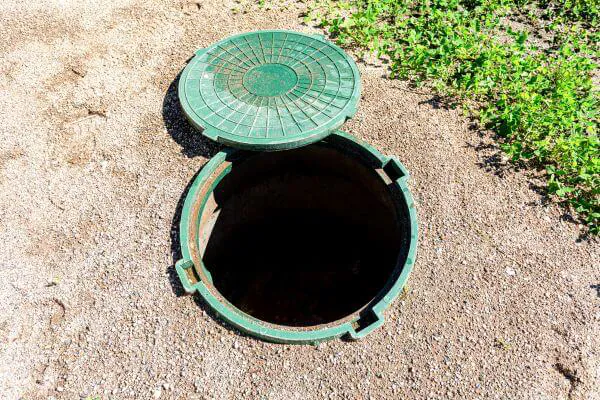Efficient wastewater treatment begins right at home. When household waste moves through plumbing and into treatment systems, the process does not stop there. For smooth operation, oxygenator systems play a critical role. These systems add oxygen into the wastewater, creating an ideal environment for active bacteria to thrive and do their job effectively. This natural process helps in breaking down organic waste, preventing clogging, reducing bad smells, and improving water clarity. Homes that rely on these systems benefit from cleaner wastewater output and lower maintenance costs. Keeping these systems running efficiently is key to sustainable waste management.
How Oxygenator Systems Function
Oxygenator systems are designed to inject air or oxygen into wastewater. This oxygen supports microbial activity inside the tank. The microbes break down solids and organic material more effectively when enough oxygen is available. This process is natural and energy-efficient, relying on biological reactions rather than harsh chemicals. It helps reduce the load on municipal wastewater systems and minimizes the impact on the environment.
Why Active Cleaning Matters
Active cleaning inside these systems means the waste does not sit and settle. Instead, it stays in motion, allowing for better contact with oxygen and microorganisms. This continuous breakdown ensures waste is treated thoroughly before it moves out of the system.

Benefits of active cleaning include:
- Reduces buildup of waste solids
- Keeps odors under control
- Maintains smoother flow through plumbing
- Helps avoid frequent pumping or repairs
- Supports cleaner water output from the system
Oxygen and Microbial Efficiency
When enough oxygen is present, the entire waste treatment process becomes more efficient. Microbes multiply and work faster under oxygen-rich conditions. They break down fats, oils, grease, and organic material that would otherwise clog the system.
Improved oxygenation leads to:
- Faster waste breakdown
- Reduced risk of system overload
- Longer system life
- Less reliance on chemical treatments
How Homeowners Benefit
Using systems that promote natural waste cleaning reduces long-term maintenance needs. It also creates fewer disruptions due to clogs, backups, or bad smells. Homes that use well-maintained oxygenator systems tend to experience fewer issues with their septic or wastewater tanks.
Key homeowner benefits include:
- Lower maintenance costs
- Cleaner and safer household environment
- Less strain on external wastewater infrastructure
- Sustainable and eco-friendly waste processing
Keeping the System Running Well
To get the most from baktérie do čistiarní odpadových vôd systems, regular checks and proper ventilation are essential. Ensuring consistent oxygen supply helps the internal cleaning process work around the clock. Periodic inspections, avoiding chemical drain cleaners, and using water wisely also protect the system.
Simple care tips:
- Avoid pouring oils or harsh chemicals down the drain
- Check air pumps or diffusers regularly
- Do not overload the system with too much water
- Get professional checks yearly
Oxygenator systems work smarter when waste is handled naturally and efficiently. Active cleaning supported by proper oxygen levels helps keep household systems trouble-free. It is a natural and powerful way to manage waste, reduce costs, and support a cleaner environment. Homes using this system experience long-term benefits with minimal upkeep.
